At a meeting on 3 October, Hampshire’s transport and environment select committee said building the MRF would enable the introduction of a twin-stream collection system that complies with the government’s requirements for consistency in kerbside recycling services.
The county council’s two MRFs at Alton and Portsmouth are currently incapable of handling pots, tubs and trays (PTTs), plastic films, cartons or glass, all of which the government wants local authorities to collect.
“[The MRFs] will not be able to meet potential future legislative requirements,” according to a report which went before the meeting. “It is neither physically viable nor cost-effective to upgrade the existing MRFs without significant renovation.”
Earlier this year, Hampshire agreed an updated waste strategy which includes a switch to twin-stream collections (see letsrecycle.com story). This will see paper and card collected in one container, with glass, plastic bottles, PTTs and metal cans collected in another.
The proposed MRF, to be built at Chickenhall Lane in Eastleigh, would accept additional materials from kerbside collections, household waste recycling centres (HWRCs) and waste transfer stations.
This includes newspapers and pamphlets; mixed paper; old corrugated cardboard; mixed coloured glass; mixed bottles; polypropylene; PTTs; plastic film; and ferrous metals.
MRF
Hampshire county council will build the MRF in partnership with Portsmouth and Southampton city councils. Of the £30 million costs, Hampshire would be liable for £23m, the report shows. Portsmouth and Southampton would contribute £3.5m each, though they have yet to approve their own business cases.
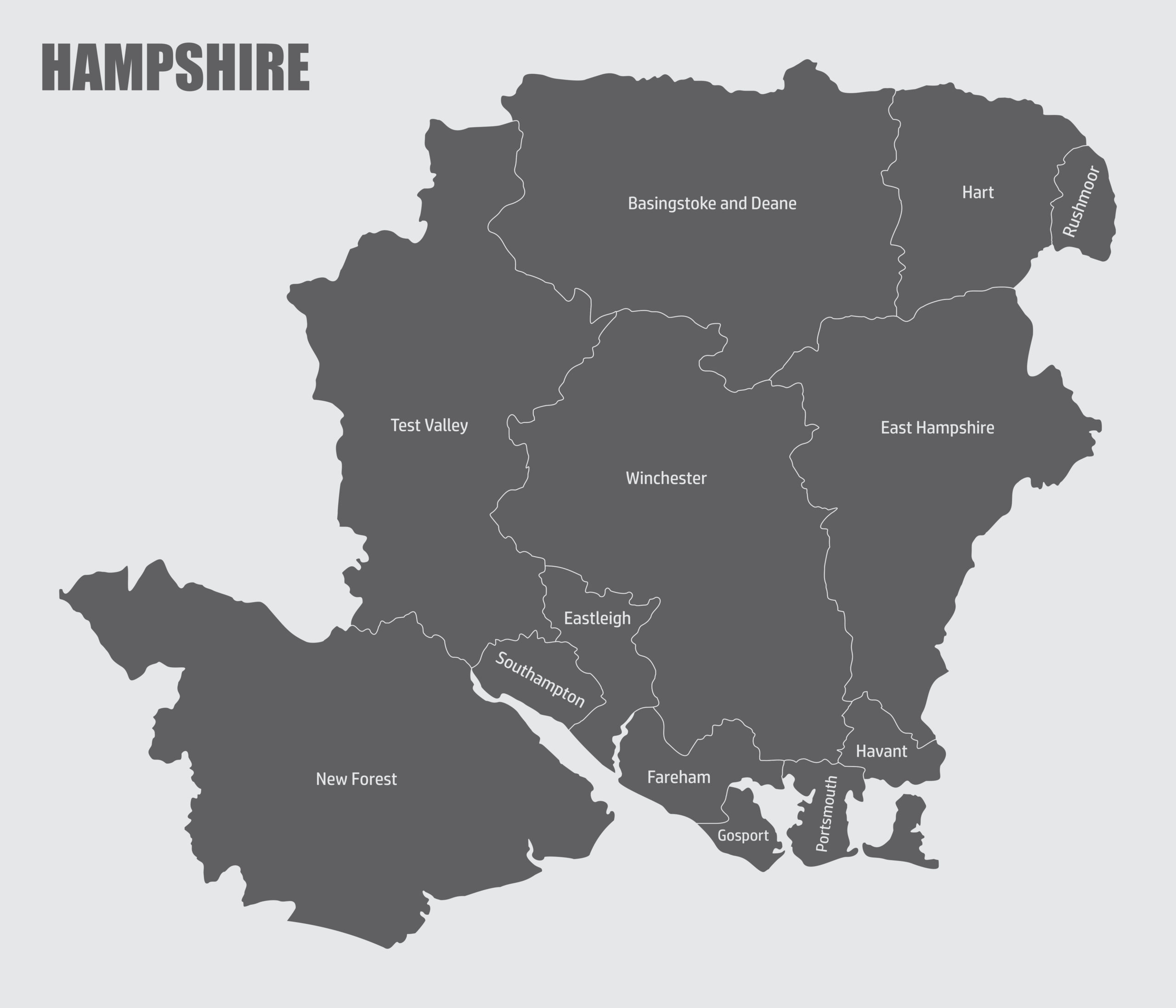
As well as the construction of the MRF, the estimated costs cover the work needed to adapt Hampshire’s network of transfer stations to allow them to store and bulk additional material streams.
Hampshire entered into a waste disposal contract with Veolia UK in 1997, a deal which has since been extended to 2030. As such, Veolia would operate and maintain the MRF until the conclusion of their contract.
According to the report, it will take 12-18 months for the facility to become operational once planning permission is approved. Though Hampshire had hoped the MRF would be ready in 2024, the meeting heard “supply chain issues” means it is now more likely to be 2025.
Once the Eastleigh MRF is operational, the Alton and Portsmouth MRFs will close, the report expects.
Twin-stream
During the meeting, Sam Horne, strategic manager for waste and resources at Hampshire county council, told councillors his team had modelled several scenarios pertaining to the switch to the twin-stream system.

“That modelling has indicated that we will see a saving of around £2.3m per annum off our revenue bill, primarily driven by a reduction in residual waste, shifting residual material into the recycling stream as we’ll be able to capture a much wider range of materials,” he said.
“We’ll also see an increase in the total amount of recyclable material and therefore an increase in income.
“And, as a result of the infrastructure delivery, we will no longer need one of our waste transfer stations and we will be able to reduce our capital costs associated with that facility.”
In addition to the financial benefits, Mr Horne said, the construction of the MRF meant Hampshire would see a “significant” increase in recycling, by around 13.5%.
Responding, Cllr Nick Adams-King said: “I absolutely welcome this. It’s long over-due. It provides us as a county with the opportunity to recycle items that are taken as standard in other parts of the country. The sooner we are able to deliver this the better.”
Hampshire
As the county’s waste disposal authority, Hampshire county council is one of the 15 partner organisations that make up Project Integra, which collects, manages and disposes of Hampshire’s waste.
Representing an estimated population of nearly 1.4 million, Hampshire county council had a household waste recycling rate of 37.6% in the 2020/21 financial year.





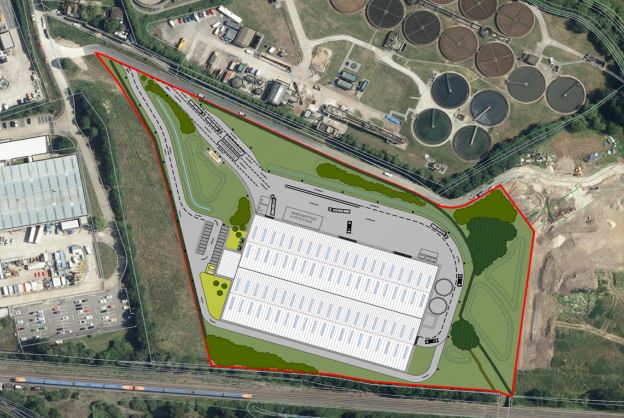
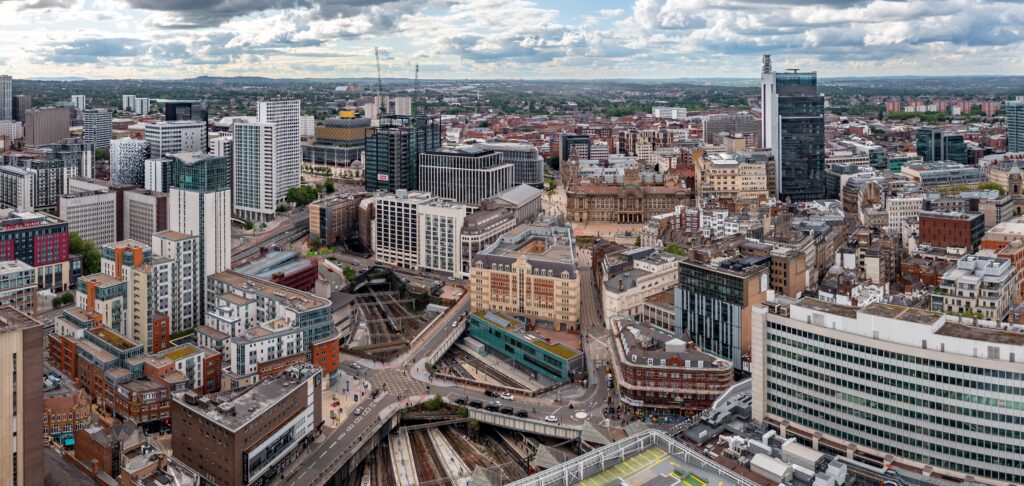
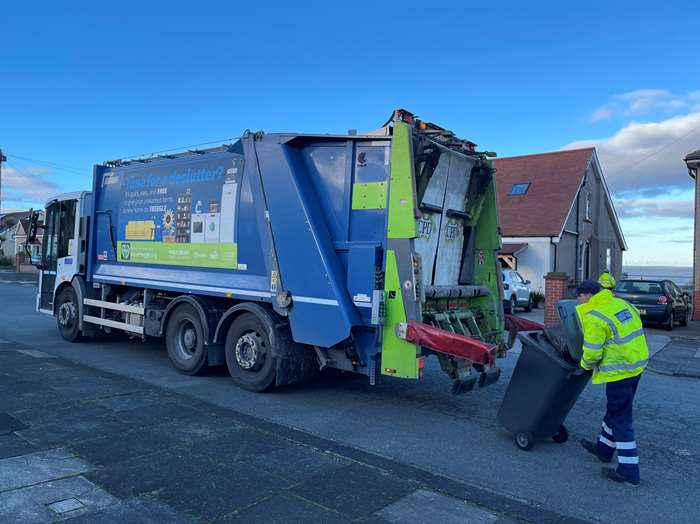
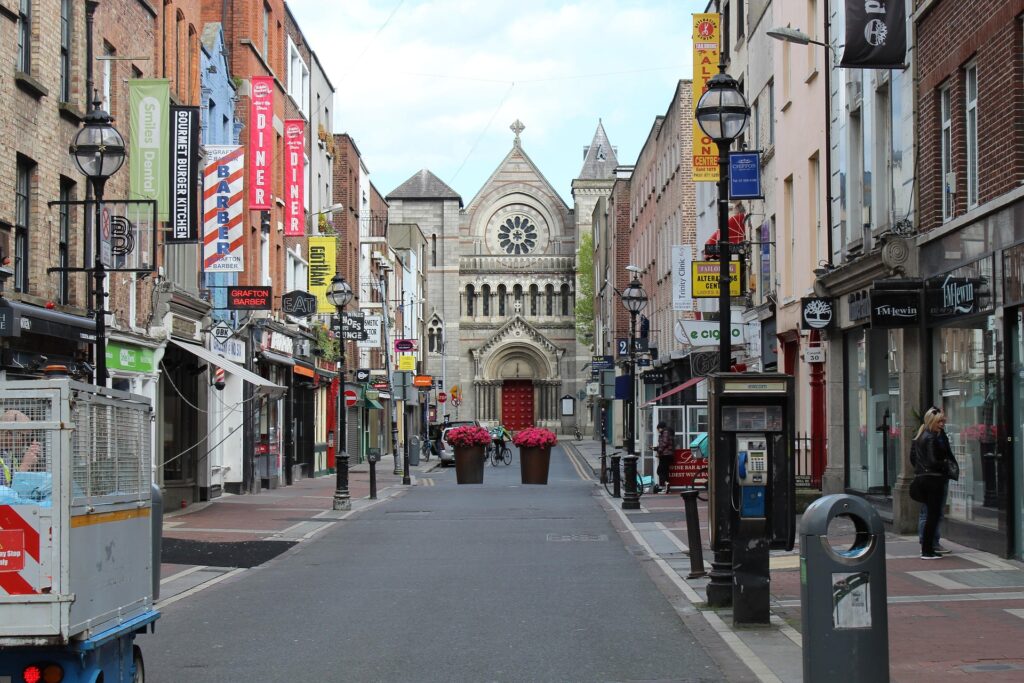

Subscribe for free